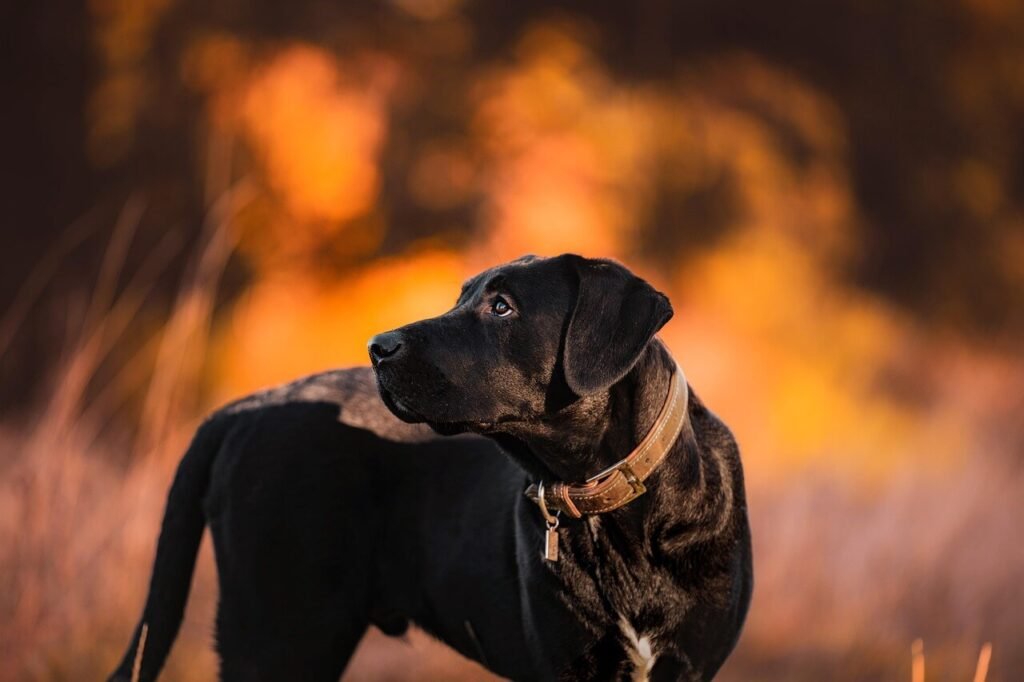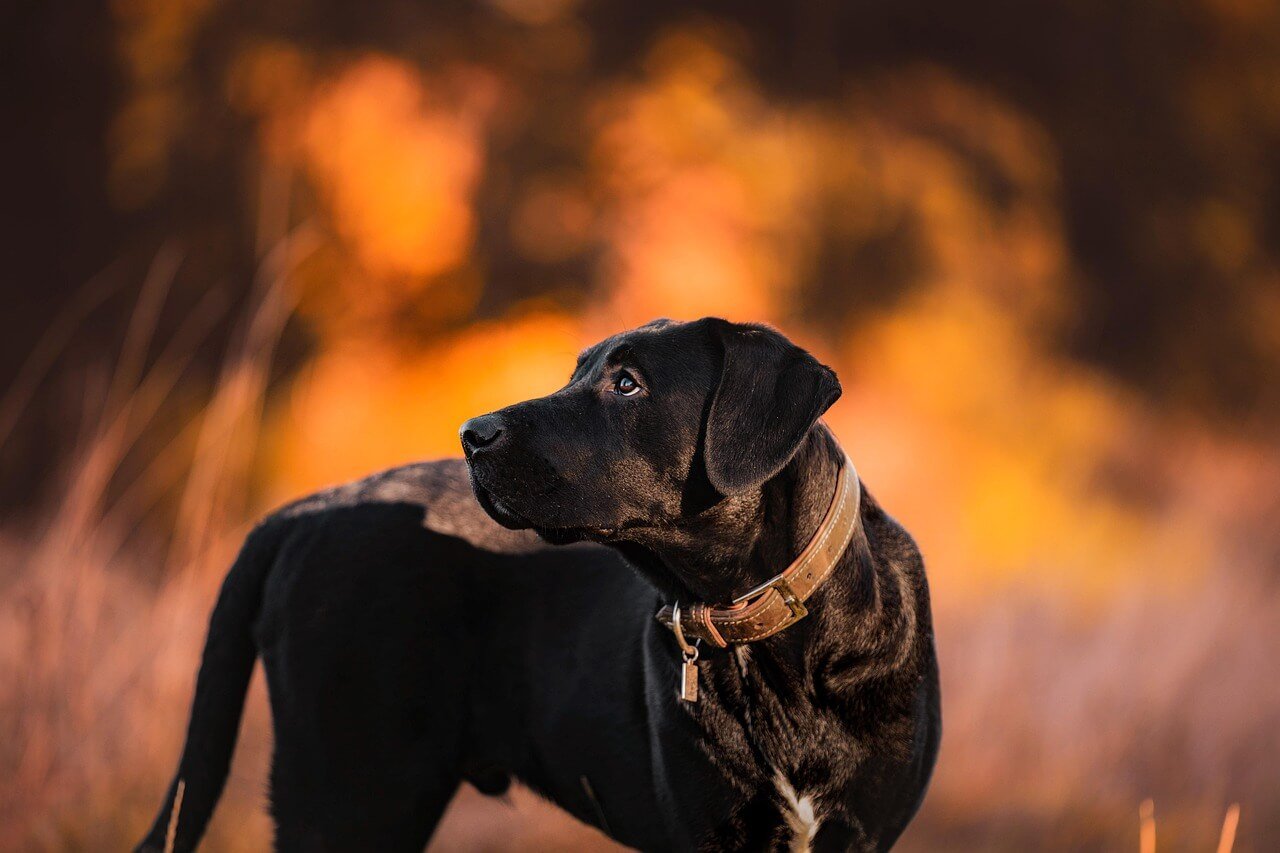My Dog Ate Raisins: What You Need to Know and Do Next
Finding out that your dog has eaten raisins can be a moment of panic for any pet owner. While raisins might seem harmless to us, they are toxic to dogs and can lead to serious health issues, including kidney failure. Understanding the risks, recognizing the symptoms of raisin toxicity, and knowing how to respond quickly can make all the difference in ensuring your dog’s safety. In this blog post, we’ll explore why raisins are dangerous for dogs, what steps to take if your dog ingests them, and how to prevent such incidents in the future. By the end, you’ll feel better equipped to handle this situation and protect your furry friend from harm.
Why Are Raisins Toxic to Dogs?
The exact reason why raisins (and grapes) are toxic to dogs remains unclear, but their harmful effects are well-documented. Here are some key points to understand about raisin toxicity:
Kidney Damage:
Raisins can cause acute kidney failure in dogs, even in small amounts.Toxin Variability:
Not all dogs react the same way, but there’s no way to predict which dogs will be affected.Concentration Matters:
Both the quantity and frequency of ingestion play a role in the severity of symptoms.Unknown Mechanism:
Researchers have yet to identify the specific compound in raisins that causes toxicity.Fatal Outcomes:
In severe cases, untreated raisin ingestion can lead to death, making it a serious concern.
Understanding these risks underscores the importance of acting quickly if your dog eats raisins.
Immediate Steps to Take If Your Dog Eats Raisins
If you discover that your dog has consumed raisins, time is of the essence. Taking immediate action can help minimize the risk of serious complications.
Stay Calm and Assess the Situation:
Determine how many raisins your dog ate and when the ingestion occurred.Call Your Veterinarian:
Contact your vet or an emergency animal clinic immediately for professional guidance.Induce Vomiting (If Advised):
Only induce vomiting if instructed by a veterinarian, as improper timing can worsen the situation.Do Not Wait for Symptoms:
Even if your dog seems fine, seek medical attention promptly, as symptoms may take hours to appear.Bring the Packaging (If Available):
Provide details about the raisins or any other ingredients to help your vet assess the risk.
Acting swiftly and following professional advice can significantly improve your dog’s chances of recovery.
Check this guide 👉My Dog Ate Ibuprofen and Is Fine: Best 7 Health Tips!
Check this guide 👉My Dog Ate Coffee Grounds: Best 7 Expert Tips!
Check this guide 👉My Dog Ate Weed: Best 7 Expert Tips!

Symptoms of Raisin Toxicity | When They Typically Appear |
|---|---|
Vomiting | Within 6-12 hours after ingestion |
Diarrhea | Soon after vomiting begins |
Lethargy | Within 24 hours |
Loss of Appetite | Shortly after ingestion |
Abdominal Pain | Hours after eating raisins |
Treatment Options for Raisin Toxicity
If your dog has ingested raisins, prompt veterinary treatment is essential. Here’s an overview of the possible treatments your vet may recommend:
Activated Charcoal:
Administered to absorb toxins in the stomach and prevent further absorption into the bloodstream.Intravenous Fluids:
IV fluids help flush toxins from the kidneys and maintain hydration during recovery.Blood Tests:
Regular monitoring of kidney function through blood work ensures early detection of complications.Anti-Nausea Medications:
Prescribed to manage vomiting and keep your dog comfortable during treatment.Hospitalization:
Severe cases may require extended stays at the vet clinic for close observation and intensive care.
With proper treatment, many dogs recover fully, but delaying care can lead to irreversible damage.
How to Prevent Raisin Ingestion in the Future
Preventing accidental raisin ingestion is crucial for keeping your dog safe. Here are practical tips to minimize the risk:
Store Raisins Safely:
Keep raisins and similar foods like grapes and currants out of your dog’s reach.Educate Family Members:
Ensure everyone in your household knows not to feed raisins or similar foods to your dog.Supervise Snack Time:
Monitor your dog closely when they’re around food or in areas where snacks might be left unattended.Teach the “Leave It” Command:
Training your dog to ignore dropped food can prevent accidental ingestion.Check Ingredients in Treats:
Always read labels on dog treats to ensure they don’t contain raisins, grapes, or related ingredients.
Taking these precautions can help safeguard your dog against future incidents.
Signs Your Dog May Have Eaten Something Toxic
If your dog has ingested raisins or another toxic food, there are warning signs that may indicate poisoning. Recognizing these symptoms early can help you act quickly to protect your dog’s health.
Excessive Drooling:
Unusual drooling can be a sign of nausea or discomfort caused by toxin ingestion.Weakness or Lethargy:
A sudden lack of energy or unwillingness to move may signal internal distress.Abdominal Pain:
Your dog might whine, pant, or show discomfort when their belly is touched.Frequent Urination or Lack of Urination:
Changes in urination patterns can indicate kidney stress or failure.Behavioral Changes:
Restlessness, agitation, or unusual aggression may suggest your dog is unwell.
If you notice any of these signs after suspecting raisin ingestion, seek veterinary care immediately to prevent further complications.
Foods to Avoid Feeding Your Dog
While raisins are a well-known hazard, there are other human foods that can also harm your dog. Being aware of these foods will help you keep your pet safe.
Chocolate:
Contains theobromine and caffeine, which can cause seizures, vomiting, and even death in dogs.Onions and Garlic:
These can damage red blood cells, leading to anemia and breathing difficulties.Xylitol (Sugar Substitute):
Found in sugar-free products, xylitol can cause rapid insulin release and liver failure.Alcohol:
Even small amounts can lead to vomiting, diarrhea, and neurological issues in dogs.Macadamia Nuts:
Known to cause weakness, vomiting, and hyperthermia in dogs.
By keeping these foods out of reach, you can ensure your dog avoids accidental poisoning and stays healthy.
Tips for Pet-Proofing Your Home
Preventing accidental ingestion of harmful foods like raisins starts with creating a safe environment for your dog. Here are some tips to pet-proof your home effectively:
Secure Food Storage:
Use airtight containers or high shelves to store potentially harmful foods away from curious paws.Keep Trash Cans Covered:
Dogs are notorious for rummaging through trash, so use bins with secure lids.Supervise During Social Gatherings:
Guests may unknowingly feed your dog unsafe snacks, so monitor interactions closely.Train Recall Commands:
Teach commands like “leave it” or “drop it” to prevent your dog from eating dangerous items.Childproof Low Areas:
If you have young children, ensure they don’t leave snacks or toys containing small parts on the floor.
By implementing these strategies, you can create a safer home environment and reduce the risk of accidental ingestion.
Frequently Asked Questions About Dogs Eating Raisins
How many raisins are toxic to dogs?
Even a small amount, such as a single serving, can be toxic depending on your dog’s size and sensitivity.
What should I do if my dog vomits after eating raisins?
Contact your vet immediately, as vomiting can be a sign of toxicity requiring medical attention.
Can all dogs tolerate raisins?
No, some dogs may show no reaction initially, but others can develop severe symptoms, so it’s best to avoid raisins entirely.
Are grapes just as dangerous as raisins?
Yes, both grapes and raisins are equally toxic to dogs and should be avoided.
How long does it take for symptoms to appear?
Symptoms typically appear within 6-12 hours but can vary depending on the dog and the amount ingested.
Final Thoughts: Keeping Your Dog Safe from Harm
Discovering that your dog has eaten raisins can be alarming, but staying informed and proactive can help you navigate the situation effectively. By understanding the dangers of raisins, acting quickly in emergencies, and taking preventive measures, you can ensure your dog stays healthy and happy. Remember, your veterinarian is your greatest ally in managing such incidents, so never hesitate to reach out for professional advice. With vigilance and care, you can protect your furry companion from harmful foods and enjoy many joyful years together. Stay safe, and always prioritize your dog’s well-being!
Pemphigus Erythematosus in Cats: Best 7 Expert Tips! – Learn to recognize symptoms, manage flare-ups, and improve your cat’s quality of life.
Pemphigus Erythematosus in Dogs: Best 7 Expert Tips! – Discover causes, symptoms, and treatment options to manage this autoimmune skin condition effectively.
Cat Tympanic Membrane: Best 7 Expert Tips! – Learn how to protect your cat’s eardrum, spot issues early, and ensure lifelong auditory health.
Dog Tympanic Membrane: Best 7 Expert Tips! – Learn how to protect your dog’s eardrum, spot issues early, and ensure lifelong ear health with expert advice.





